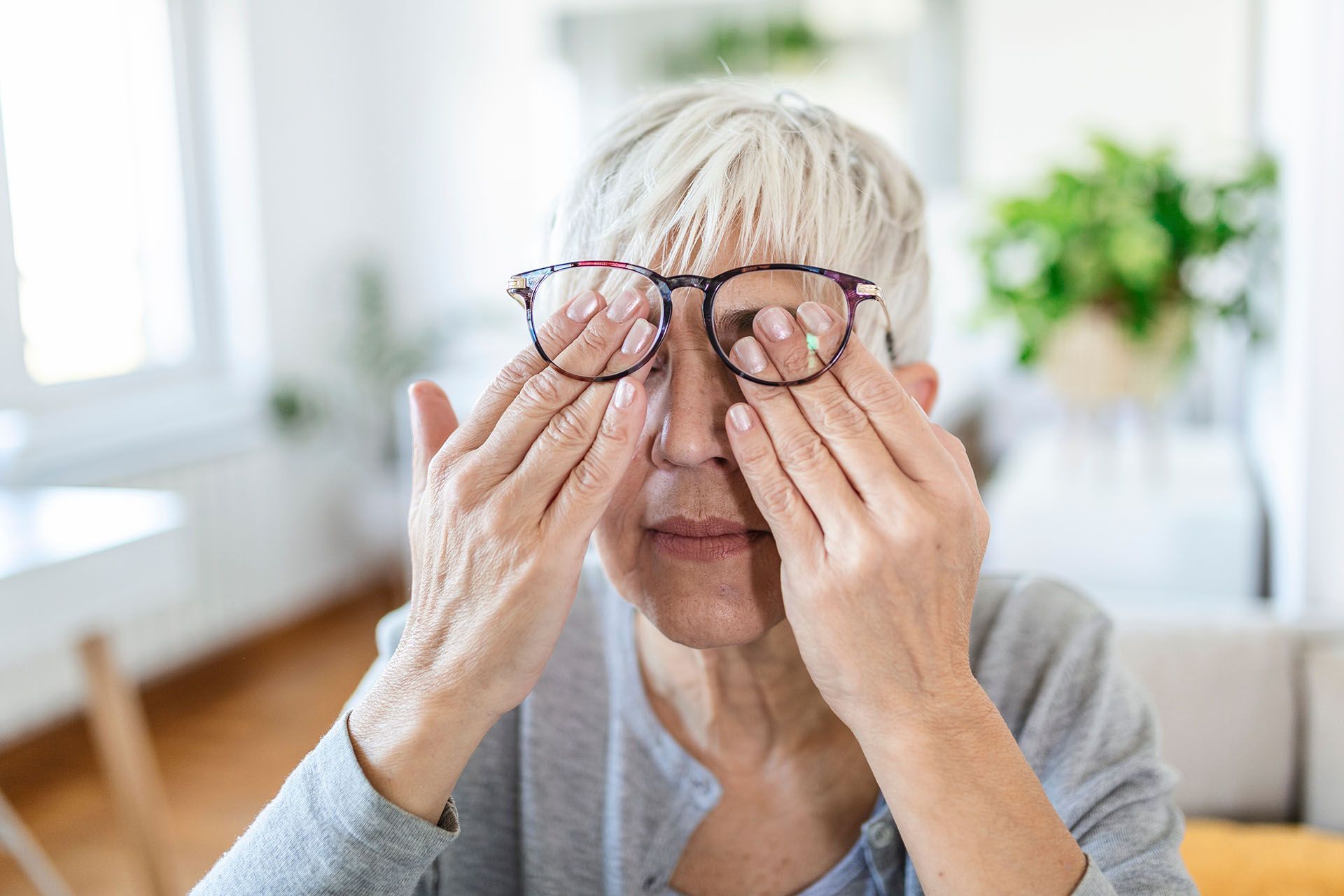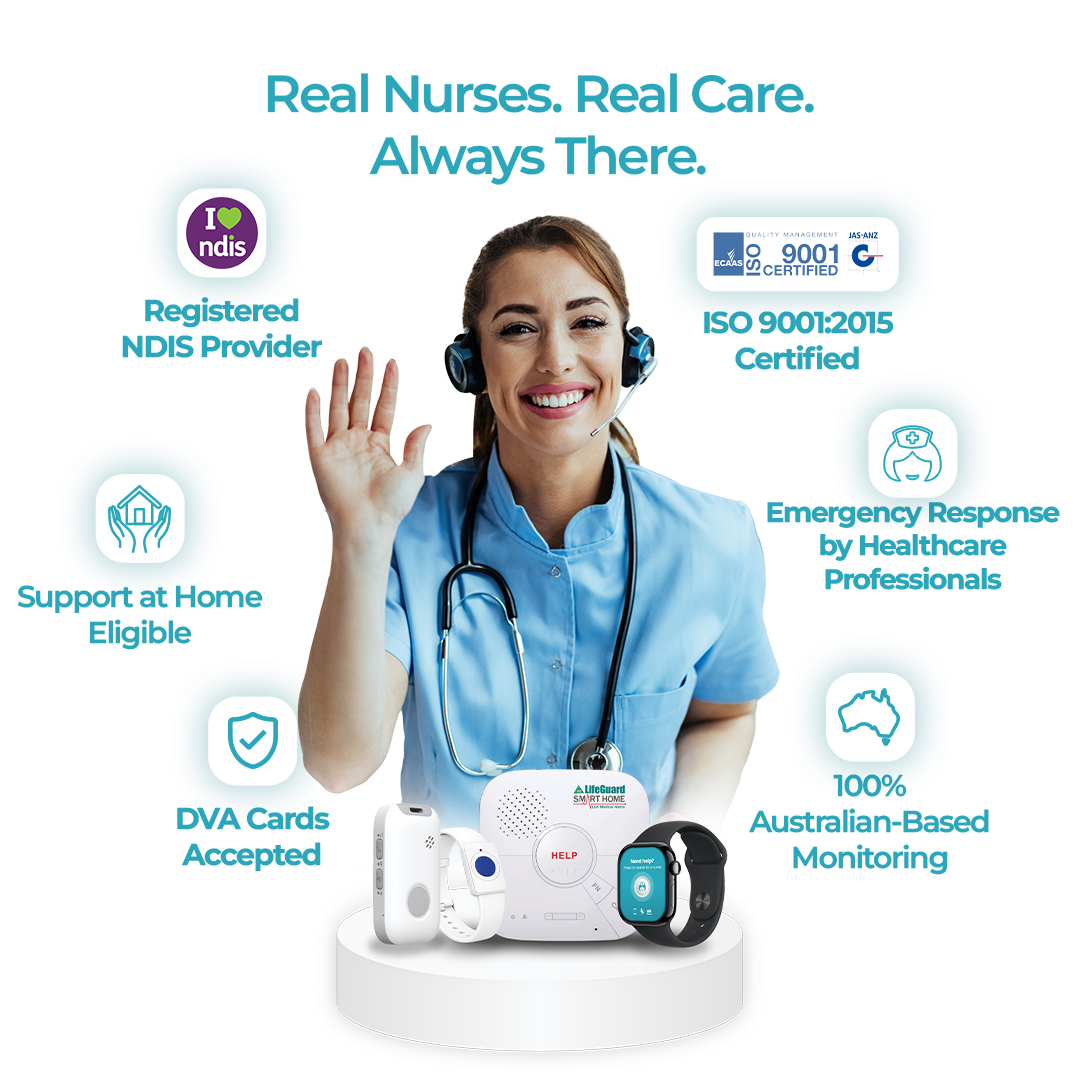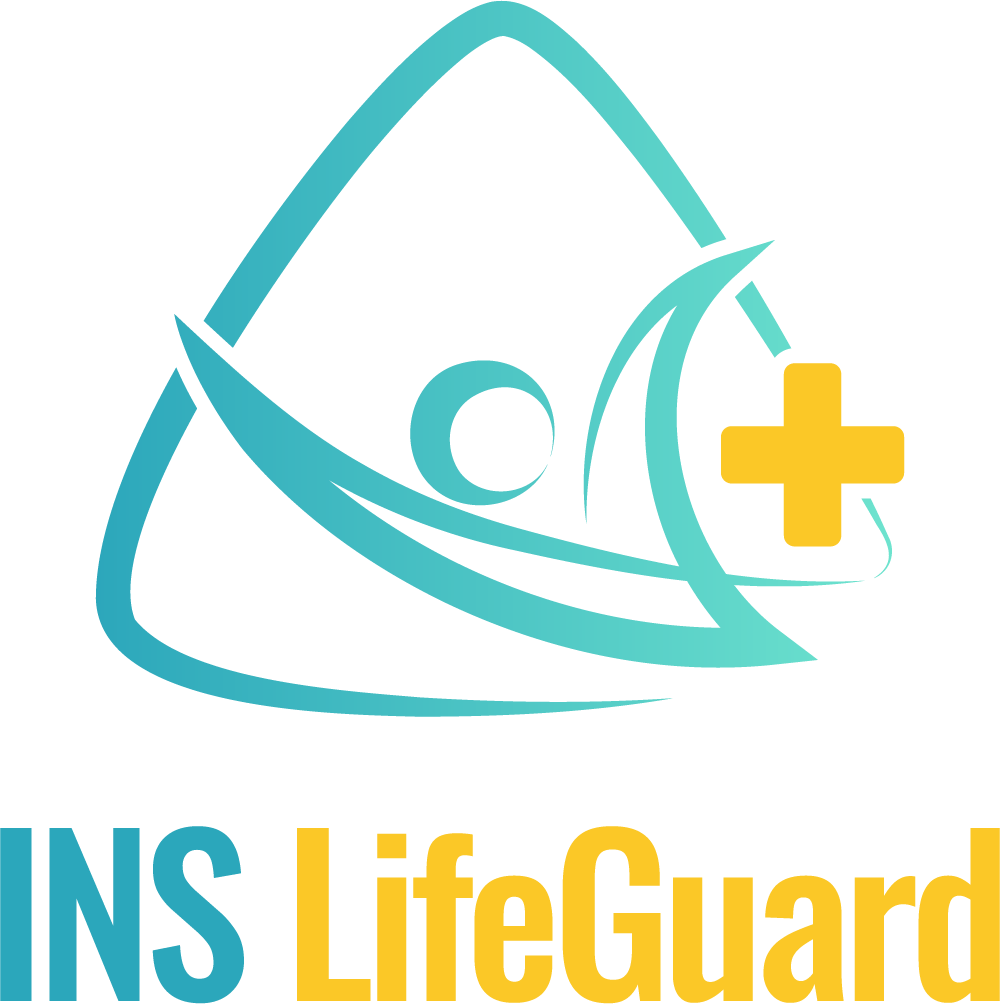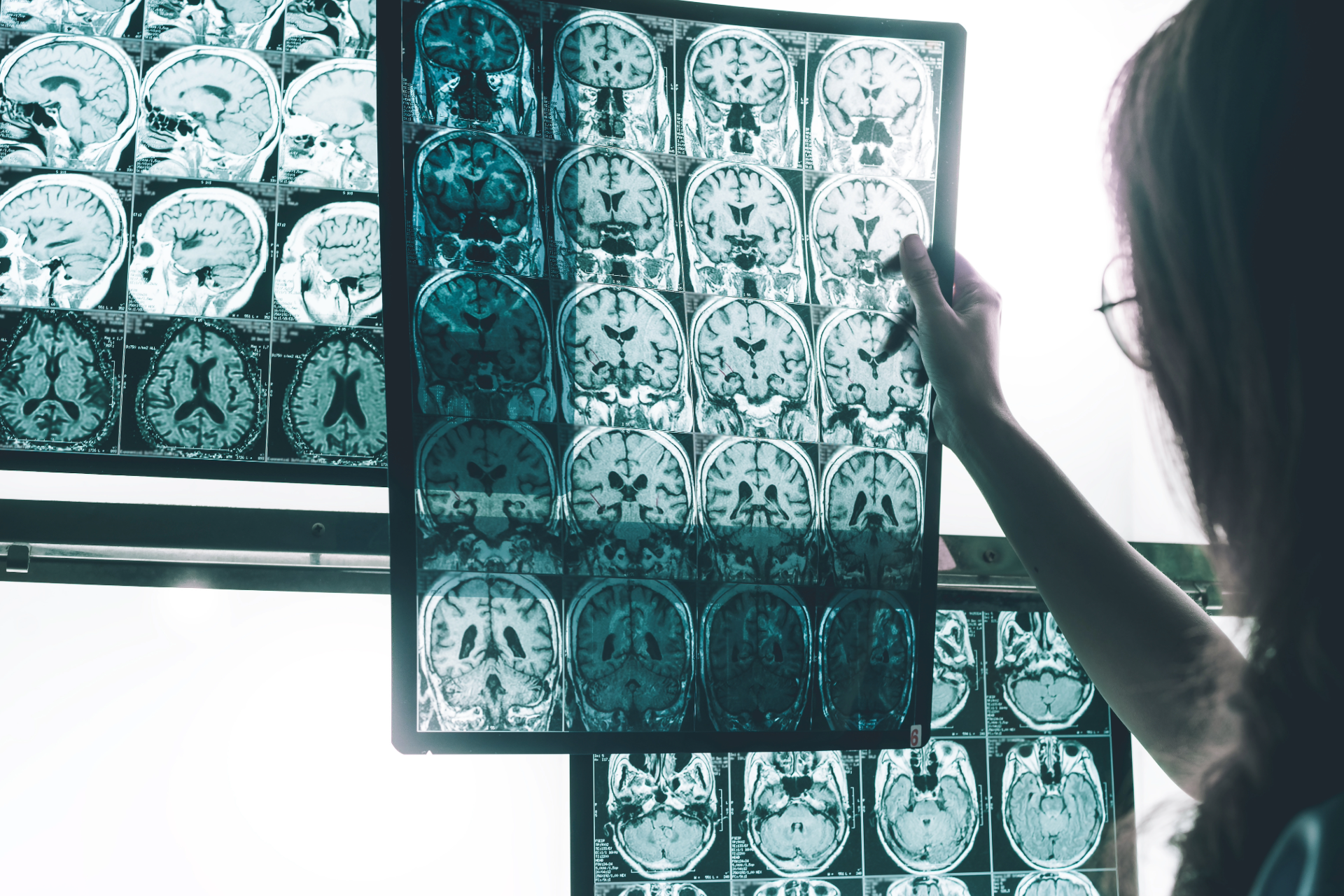Have a Question?
The Importance of Personal Alarms in Managing Early Symptoms of Multiple Sclerosis

Ever felt an odd sensation like pins and needles in your body without a clear cause? Perhaps you've suddenly felt dizzy or lightheaded lately? If you have experienced these symptoms and are feeling more tired than usual or struggling with memory or focus, your body might be sending you important signals.
In this blog, we'll tackle the early signs of multiple sclerosis and discuss the importance of personal alarms for people dealing with this condition. By recognising these symptoms early on, individuals and their loved ones can effectively manage the impact of multiple sclerosis on their daily lives.
What is multiple sclerosis?
Multiple sclerosis (MS) is a chronic autoimmune and neurological disorder that affects the central nervous system, which includes the brain and spinal cord. In this condition, the body's immune system attacks the protective covering of nerve fibers known as myelin mistakenly. This leads to inflammation and damage, disrupting the usual flow of electrical impulses along the nerves.
What are the early signs of multiple sclerosis?
Multiple sclerosis (MS) symptoms can vary widely among individuals. Since no same individual will experience exactly the same symptoms, diagnosing and managing MS requires an individualised approach. Common MS symptoms include:
1. Numbness or Tingling
Many individuals with MS experience a sensation of numbness or tingling, often in the extremities, such as the arms, legs, fingers, or toes. This numbness or tingling, often referred to as paresthesia, can impact mobility and increase the risk of accidental falls.
2. Vision Problems
One of the most common symptoms of MS is optic neuritis, which is an inflammation of the optic nerve. This usually occurs when the immune system mistakenly attacks the myelin sheath surrounding the optic nerve. As a result, this can lead to various vision problems like blurred vision, double vision, pain with eye movement, or even temporary vision loss.
3. Fatigue
According to research, 75-80% of MS patients experience fatigue at various stages of their condition. This goes beyond typical tiredness, but it often results in physical and mental exhaustion. As a result, it can affect a person's ability to function at home and work.

4. Muscle Weakness or Spasms
Muscle stiffness and muscle spasms are common MS symptoms that affects nearly 40 to 80% of people with MS. Due to these symptoms mentioned, individuals with multiple sclerosis may face challenges in maintaining an active lifestyle and may experience disruptions in their daily routines.
5. Balance and Coordination Issues
Multiple sclerosis primarily affects the central nervous system, impacting the brain and spinal cord, which are two components responsible for balance and coordination. As the protective covering of nerve fibers (myelin) is damaged, the communication between nerve cells becomes disrupted, leading to challenges in maintaining equilibrium, controlling movements, and responding swiftly to changes in posture.
6. Dizziness or Vertigo
Feeling lightheaded, dizzy, or experiencing a spinning sensation is one of the early signs of multiple sclerosis that may be attributed to disruptions in the central nervous system. Such sensations can be triggered by demyelination, a process where the protective covering of nerve fibers is damaged.
7. Pain or Discomfort
Experiencing sharp or stabbing sensations, along with general discomfort in the nerves, is one of the common symptoms that people with MS experience from time to time. This is referred to as neuropathic pain, a condition arising from nerve damage or interruptions in the transmission of signals to the brain.
8. Problems with Cognitive Function
Individuals who have MS often display neurological symptoms that involve having difficulties with memory, attention, and problem-solving. This is because the brain and spinal cord are attacked by the immune system, leading to inflammation and damage to the myelin sheath, a protective covering around nerve fibers.
9. Anxiety and Depression
Almost 50% of those who have MS experience anxiety and depression due to the inflammation that affects the areas in the brain that regulate moods. These emotional challenges not only affect an individual's daily functioning but it can also impact the overall well-being of an individual in terms of relationships, work, and social activities. Anxiety and depression symptoms may start from feeling down or having negative thoughts to severe clinical depression that can last for months.
10. Bowel Problems
Most individuals with MS experience bowel problems that may involve constipation or disruptions in bowel function. These issues often arise due to the impact of the condition on the nerves responsible for regulating bowel movements. Constipation can result from reduced activity, slowing down the movement of food in your digestive system. On the other hand, diarrhea and incontinence can occur when the nerves in your body don't function properly.
11. Sexual Dysfunction
If nerve damage related to multiple sclerosis occurs in the areas of your brain and spinal cord associated with sexual function, you may experience difficulties with erections and ejaculation. These may include changes in sexual function such as arousal and orgasm, as damage to nerve pathways in the central nervous system may disrupt these processes.
What are the common types of multiple sclerosis?
Multiple Sclerosis (MS) can manifest in various forms, each characterised by distinct patterns of symptom development and progression. Its common types include:
Clinically isolated syndrome
Clinically Isolated Syndrome (CIS) involves a single episode of neurological symptoms resulting from inflammation or demyelination in the central nervous system. While this is not a type of Multiple Sclerosis, CIS is often considered one of the early signs that an individual may be at an increased risk of developing MS.
Relapsing-remitting MS
Relapsing-remitting MS is the most common form of MS, characterised by episodes of new or worsening symptoms, known as relapses or exacerbations, followed by periods of partial or complete recovery (remission).
Secondary progressive MS
Many individuals with Relapsing-remitting MS eventually transition to this MS, where there is a gradual worsening of symptoms and less distinct relapse-remission cycles. During this phase, the disease often evolves into a more steady progression of disability, with fewer periods of symptom improvement.
Primary progressive MS
During a primary progressive ms, individuals experience a steady worsening of symptoms from the onset, without distinct relapses and remissions. Progression in PPMS is continuous, often leading to increased disability over time.
How to manage MS symptoms effectively?
Managing symptoms of MS is with the help of these strategies:
Medical Treatment
Visiting your doctor for medical treatment is one of the best ways to manage your symptoms. With the right MS diagnosis, you and your physician can work together to develop a tailored treatment plan that addresses your specific needs and condition. Such treatments may include disease-modifying therapies, symptom-specific medications, steroids, plasma exchange, and more.

Lifestyle Modifications
Engage in a tailored exercise program to improve strength, flexibility, and balance. Try low-impact activities such as swimming, yoga, or walking to enhance cardiovascular health without placing excessive stress on the joints. Exercise is a fundamental component of managing Multiple Sclerosis (MS) as it not only contributes to physical well-being but also helps alleviate fatigue. In addition, adopt a well-balanced diet to support overall health. Always stay hydrated and consider dietary adjustments if bowel or bladder symptoms are present.
Regular Medical Check-ups
Schedule regular check-ups with healthcare providers to monitor disease progression and adjust treatment plans accordingly. This is crucial in order to assess whether the current treatment plan is effective or if there are other symptoms that have emerged since the last visit.
Use Personal Alarms
Assistive technologies, such as personal alarms, can be used to trigger an emergency response centre during an emergency. By receiving prompt assistance, further complications or risks associated with multiple sclerosis can be minimised.
Is multiple sclerosis dangerous?
Multiple Sclerosis itself is not inherently life-threatening, and many individuals with MS lead full and productive lives. However, the impact of MS can vary widely from person to person. While some individuals may experience relatively mild symptoms, others may face more significant challenges that can affect their everyday living.
On average, people with this chronic condition may live 5 to 10 years less than the general population. However, this has positively reduced over time as advancements in medical care and management strategies have contributed to improved outcomes.
Good news, people diagnosed with MS can live long, active and healthy lives with the right care and support. Aside from innovative treatments, common symptoms of MS can be managed with the help of personal alarms. Not only do personal alarms serve as a safety net during emergencies, but they also contribute to daily peace of mind for individuals managing multiple sclerosis.
Why are personal alarms important for people with multiple sclerosis?
Personal alarms serve as a lifeline for those living with MS, a condition known for its unpredictable nature. Below are some of the reasons why personal alarms are crucial for people with MS:
Emergency Assistance
People with MS are prone to a variety of symptoms that can affect different aspects of their daily lives. These symptoms can range from muscle weakness and balance problems to neurological symptoms and painful sensations. With personal alarms, people with MS can easily summon help during an MS attack.
Fall Prevention
Balance and coordination issues are common in people with MS. As a consequence, they can be at an increased risk of falls. Some personal alarms are equipped with fall detection features that can automatically alert caregivers or emergency services if a fall occurs. Even if the individual is not able to press the SOS button, they can ensure that help is on the way.
Timely Medication Reminders
Most people with MS take medications at least once daily to manage symptoms and slow the progression of the condition. If this routine is not followed consistently, it may lead to fluctuations in symptom control and potentially impact the overall effectiveness of the treatment plan. Some personal alarms give users the ability to set medication reminders so they can stay on top of their prescribed schedule.
Enhance Independence
Personal alarms allow individuals with MS to live independently by assuring that help is readily available with just a press of a button. Whether they require immediate help due to a sudden symptom flare-up or want to notify someone about their well-being, these devices allow individuals to confidently navigate their daily routines, knowing that support is just a button press away.
Peace of Mind
Caregivers of people with MS often experience concerns about their loved ones' safety. Personal alarms offer peace of mind by making sure that a reliable alert system is in place. This allows caregivers to provide support more efficiently and respond promptly to any type of emergencies.
Real-Time Communication
Some personal alarms come with a two-way voice communication feature that enables the user to speak with a qualified professional during an emergency. This ensures immediate access to expert advice and support when it's most needed. Whether it's a medical issue, a fall, or any other urgent situation, users can directly communicate their needs, which allows for a more personalised and efficient response.
Takeaway
Multiple sclerosis is a disabling disease that has no cure. It is characterised by a range of symptoms that can significantly impact the daily lives of those affected. Thus, it is important to explore various strategies to enhance the quality of life of individuals living with it.
Aside from medical treatment, lifestyle modification, and regular check-ups, personal alarms are important for people with MS in order to provide them with quick access to help during emergencies. Through personal alarms, symptoms of MS can be managed and individuals can gain a greater sense of control over their lives.
At INS LifeGuard, we offer a range of proven and tested personal alarms equipped with advanced technology that can effectively cater to the needs of individuals with MS, among others. Featuring emergency assistance, fall detection, medication reminders, and two-way voice communication, our devices guarantee comprehensive support for managing the symptoms of MS.
Get in touch with us today to learn more.

About
INS LifeGuard is the only 24/7 nurse on-call personal and medical monitoring in Australia. We provide monitoring technology for both in the home and on the go and can also monitor other provider's equipment. Our services are suitable for anyone wanting support to stay independent such as the elderly, those with medical conditions and disabilities plus enhancing safety and security for lone workers.

















